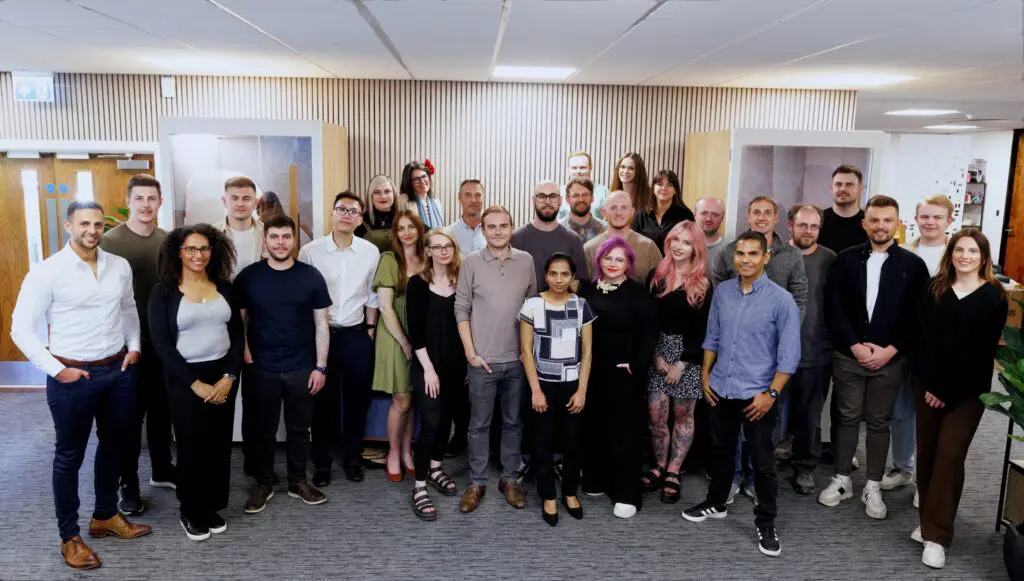Power, Process and Politics: Inside Labour’s Parliamentary Selections
Our report into Labour’s 15 parliamentary candidates to watch highlighted a clear trend, the quality of candidates in the 2024 intake is going to be powerful and worth engaging with.
Because of the historically small talent pool that the current shadow front bench has been picked from, the new intake will likely be quickly promoted following an election that Labour hope will bring an end to 14 years of Conservative rule.
The story of how Labour turned the tide to be clear favourites for the next election is a remarkable one. There was an assumption following the disastrous 2019 defeat that this would be a two-term project.
Clearly, the collapse of the Conservative Party played a large role in that story, but of equal importance is the detoxifying of the Labour brand following the Corbyn years.
The political capital spent by the Labour leadership in achieving this goal, most importantly in ridding the Party of the shameful record on Anti-Semitism, has been influential and Labour are now reaping the rewards in the opinion polls as well as in recent elections.
A significant part of maintaining their reputation is the selection of parliamentary candidates for the next election.
Conservative Central Office along with Tory press outlets will have people analysing the internet for anything in the candidate’s history that could embarrass the Party and cause the public to question whether Labour has indeed changed from the one they rejected in 2019.
As one senior Labour source eloquently put it to LabourList: “We just aren’t insulting voters with piss poor candidates anymore”. Considering the likes of Fiona Onasanya, Claudia Webbe and Jared O’Mara who got through under Corbyn, they had a point.
To achieve this, every person putting themselves for selection (and unlike the Tories with a panel of approved candidates, any Labour member for longer than a year can put themselves forward) had to go through an initial interview by a National Executive Committee (NEC) panel first. Anyone who had a past that could be embarrassing to the party, or who wasn’t up to scratch of being an MP, was rejected at that stage.
This caused anger from the left of the Party, who accused Labour of purging the left out of contention. However, this process continues with leadership happy to engage in a fight with the left to achieve their goals. Labour’s central control over this process is something that the current occupants of No. 10 are undoubtedly looking at with envy.
The successful candidates then compete for the support of branches within the Constituency Labour Party (CLP) which are often at the local government ward level, along with affiliated originations (including unions) to make the shortlist.
The final process involves a vote of members of the respective constituency party who decide on their candidate.
What has become clear throughout this process is that it is often the candidate with the best local story who is successful. This is highlighted in the statistic that over half of the candidates selected so far are local councillors.
That said, although nearly all have a local story of some sort, there are those who have succeeded through expert organisation, including Miatta Fanbullah in Camberwell and Peckham who was the only non-Southwark candidate on the shortlist and prevailed due to both her personal strengths and local organisation.
What is clear is that through the central control of the longlist, the Conservatives have (with some exceptions) been unable to find enough candidates to undermine the message that Labour has changed.
In the 15 candidates that we highlighted, and many more besides, Labour have attracted a high calibre of candidates. If they manage to get enough of them elected, there may yet be hope for the centre left in British politics.
With many organisations already looking to the next parliament alongside engaging with the current Government, the time to engage the MPs of the future is now.




